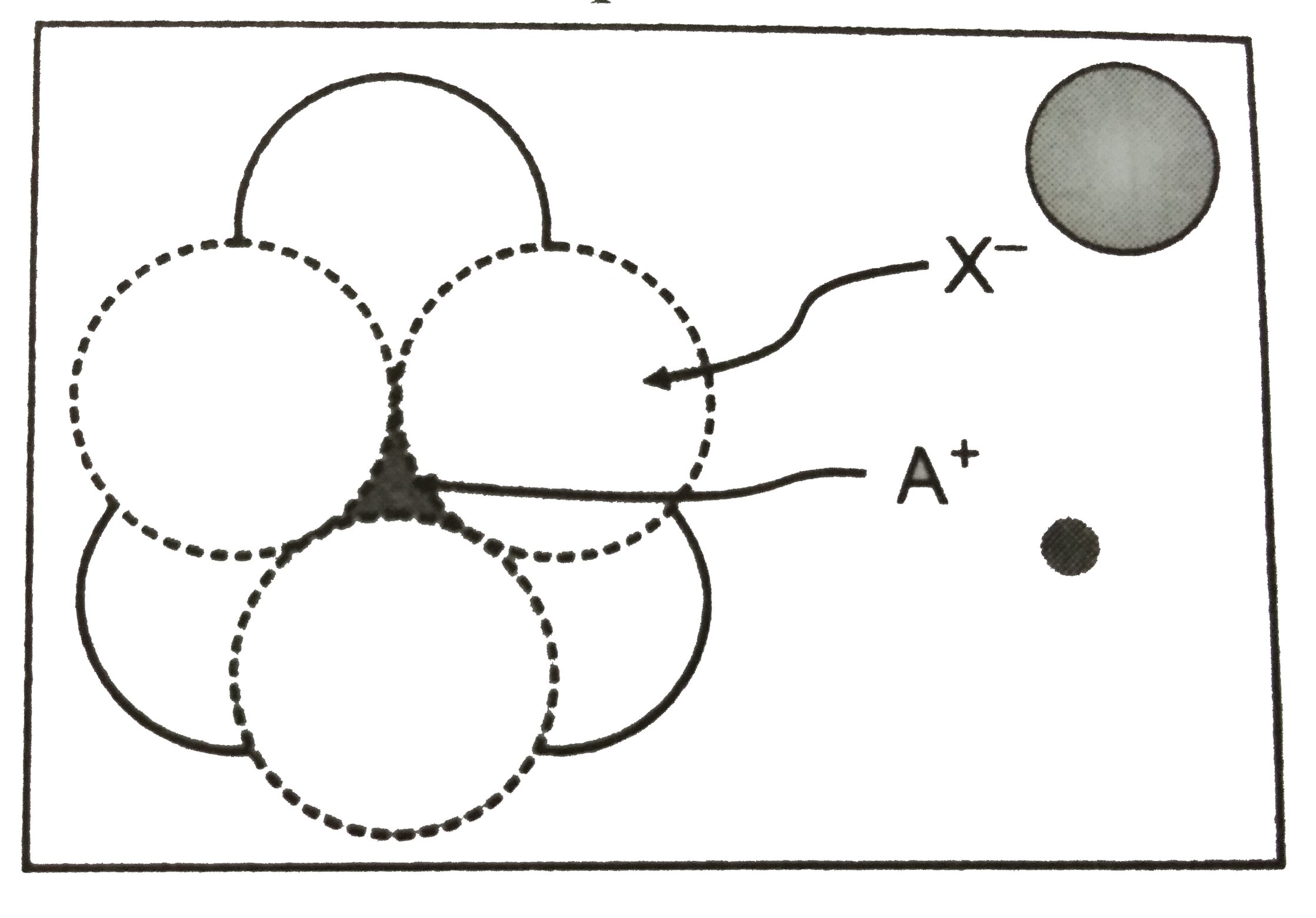There are few areas of work or leisure which will not be affected profoundly by the widespread availability of low-cost, easy-to-use information. If this seems in any way surprising, it may be because society in general has not yet fully cottoned on to the concept of information as a resource which is often as valuable as money or manpower. In the same way, it took a very long time for society to come to grips with previous waves of industrial change based on revolutionary new concepts such as the engine, electricity and the jet engine.
In this case, the problem has been that, until recently, much information was simply too difficult to obtain, shift, convey, display and analyse - so a range of techniques had to be developed for making do without it. These tend to be called instinct, or experience, or gut feeling, or flair. But considering what most people are already capable of, despite the dearth of information and a limited memory, man's intellectual horizons will be expanded enormously through the colossal capabilities of electronics technology to process and deliver information at very high speeds and very low costs.
In education, inter alia, the eventual ability to access essentially any database of information on any subject will lead to a radical change in teaching methods, with almost all the emphasis being on interpretation of the easily available facts and the creative use thereof, rather than the old-fashioned memorizing of data. In health care, diagnostic skills are already being honed through the use of computerized information banks, and this process will accelerate significantly as the information revolution gathers pace. Information technology (IT) products will add a new dimension to the use of leisure time, just as personal computers are already doing in many homes. Even straightforward entertainment will be enhanced by the availability of a wide choice of specially, high-fidelity radio and video programs delivered primarily by some form of cable'.
Communication will be revolutionized by low cost IT products. Although, the printed word - in the form of books, newspapers and magazines - will retain a vital (and highly convenient) role in education, entertainment and the provision of general information, the display screen will become pervasive. This will encourage banking, working and shopping from home (with major implications for the High Street, urban traffic patterns and local authority finances), and the ultimate universal ownership of videophones may adversely affect the growth of business travel. In manufacturing, the production processes and the quality of the end-products will be improved through the extended use of electronics-based techniques of measurement and control. Most important, however, will be the exponential increase in industrial automation generally and small, special-purpose robots in particular, for carrying out precise, repetitive and/or dangerous tasks. The office will become increasingly important as the focus of information, control and decision-making,
And so on, as far as the imagination can stretch. In the advanced nations, information technology is to the home, office and factory what the internal combustion engine was to mass transport: it is transforming practically everything, from societal patterns to the world economy. Those who wish to prosper from IT had better understand and master it.
What does the author say about the IT revolution? Which of the following combination of sentences best summarizes the answer?
Information technology will revolutionize teaching methods and traditional forms of learning such as memorization. It provides access to virtually any database of information. Diagnostic skills in healthcare will be honed with computerized information banks. Communication will be revolutionized by a range of low cost of products.
Information technology is to the home, factory and office what internal combustion engine was to mass transport. Everything right from societal patterns to world economy is limited by it. People need to understand and master it.
There is a rise in industrial automation generally and in small special purpose robots in particular. These can be use to carry out precise, repetitive and dangerous tasks. The office will become the focus of print technology.
None of these
The correct Answer is:A
Similar Questions
घनीय आकार के एक आदर्श NaCl क्रिस्टल में, जिसका द्रव्यमान 1 ग्राम है, कितनी इकाई सेल होगी ?
View Solutionआयनिक ठोसों के लिए जिसमे धनायन तथा ऋणायन प्रबल वैधुतक्षैतिज बल के द्वारा जुड़े होते हैं इनमे से कौन-सा कथन सही नहीं है ?
View Solutionप्रयोग के आधार पर एक धातु ऑक्साइड का सूत्र M0.98O पाया गया । यदि धातु M इस ऑक्साइड में M2+ और M3+ के रूप में विघमान हो तो धातु का जो प्रभाज M3+ के रूप में होगा, वह है :
View Solutionठोस AX में A+ आयन के चारो और X− आयन की व्यवस्था है, जैसा की चित्र में दर्शाया गया है (सही माप सूचक नहीं है) । यदि X− आयन की त्रिज्या 250 pm हो तो A+ आयन की त्रिज्या है :

View Solutionयदि किसी अभिक्रिया का साम्य स्थिरांक 1 हो तो उसके लिए मानक मुक्त ऊर्जा का मान क्या होगा ?
View Solutionएक अभिक्रिया इस प्रकार से है -
2Ag++Cd→2Ag+Cd2+
अभिक्रिया Ag+/Ag व Cd2+/Cd के लिए मानक अपचयन विभव +0.80 तथा −0.40V है | (a) सेल का मानक वाहक बल (E∘)क्या है ?
(b) यदि Cd की सांद्रता 1M से घटाकर 0.1 M कर दें तो विधुत वाहक बल पर क्या प्रभाव होगा ?
View Solutionतीन तत्वों के E∘O.P. इस प्रकार है -
I=2.92V, II=0.76V, III=−2.65V
इनमे से कौन - सा प्रबलतम ऑक्सीकारक होगा व कौन प्रबलतम अपचायक ?
View Solution7 या 11 आने की या प्रायिकता होंगे यदि दो पास फेंके जाते है ?
View Solution
